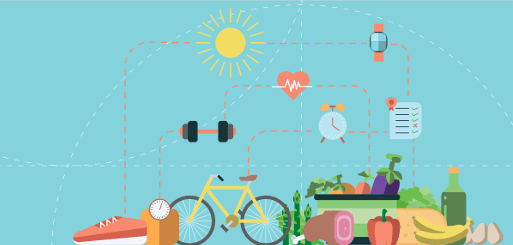
Apr 2017
27 Mon
28 Tue
29 Wed
30 Thu
31 Fri
1 Sat 08:30 AM – 05:30 PM IST
2 Sun 08:30 AM – 05:30 PM IST

Apr 2017
27 Mon
28 Tue
29 Wed
30 Thu
31 Fri
1 Sat 08:30 AM – 05:30 PM IST
2 Sun 08:30 AM – 05:30 PM IST
Savitr Sastri
@savitr
Submitted Mar 1, 2017
The brain works in rather straightforward way. Most behaviour is guided by a specific reward pathway that ultimately makes us happy. Continuously triggering the reward and pleasure pathways leads to addiction. But can behaviour alteration change what we are addicted to? Can we get running to give us the same high as chocolate or stop ourselves from smoking or eating through a tub of icecream even though if makes us feel good?
The talk would begin with a brief outline of anatomy and functioning of the brain. Details of the reward pathway, its activation by endogenous and exogenous stimuli and habit and addiction formation. Famous experiments in the field of addiction. and finally strategies to change afdictive behaviour.
I’m a neurosurgeon with a keen interest in basic neurobiology. I also dabble in cooking, music and tech and the possible ways in which the twain can meet. I used to run till a knee injury and surgery has gotten me looking at alternative ways to stay fit.
http://www.slideshare.net/savitr/addiction-and-habits-inital-layout
{{ gettext('Login to leave a comment') }}
{{ gettext('Post a comment…') }}{{ errorMsg }}
{{ gettext('No comments posted yet') }}